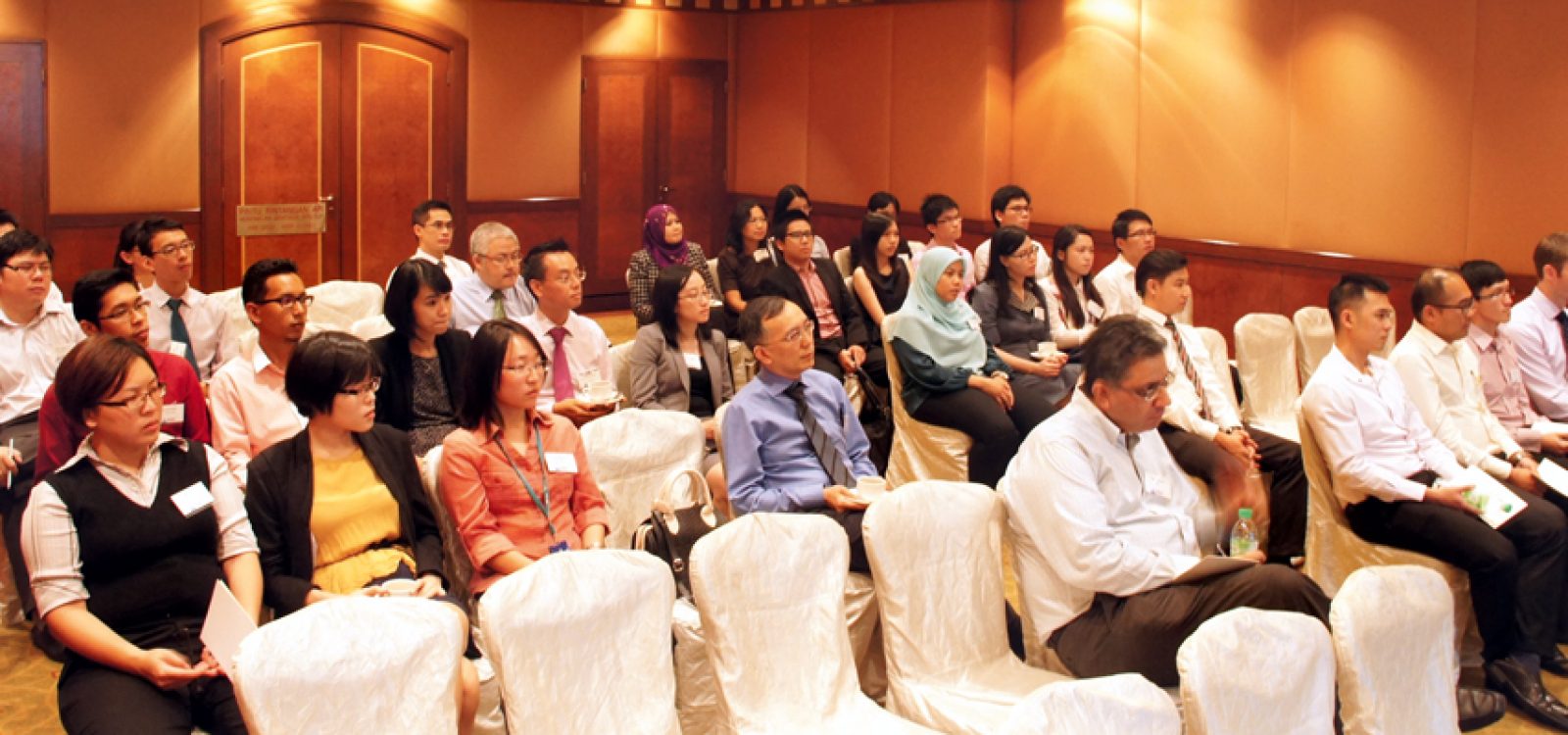
What is the Role of the Australian Institute on the International Stage?
“If Australia wants an effective United Nations, we have to be comprehensively, not marginally, engaged.”– Kevin Rudd
I didn’t expect that I would be quoting Prime Ministers over the last decade in any of my articles but this quote struck me as almost identical to one I heard from one of our members … if you replace ‘Australia’ with ‘the Institute’ and ‘United Nations’ with ‘International Actuarial Association’.
Just as not everyone agrees with Mr Rudd, not all Institute members will agree with the edited version of the quote. So, what is the role of the Australian Institute on the international stage?
Let me start by saying that overseas trips representing the Institute are anything but junkets! I have made a few trips this year and, at the time of writing, I am in China attending the China Actuarial Association’s annual conference. Representing the Institute at the International Actuarial Association’s (IAA) meetings and at various other international events involves a pretty full agenda of meetings and attendance at conference sessions as well as various breakfasts, lunches and dinners – all of which involve promoting the interests of the Institute and meeting our many members overseas.
Even if it is hard work for those who attend, there remains a question about how valuable our attendance at these events is for members. What if we stopped taking part in international meetings and conferences – would we be any worse off?
The value of our international representation and the extent to which we should invest has probably as many different points of view as we have members. From my own experience, I know it is quite difficult to see the value of our international involvement until you become involved in it, or get close to it. If that is the case, then those involved in our international dealings need to find ways of ensuring that a broader range of people have access to information which highlights the value of our involvement.
I know there are those of you who consider that we spend far too much money on our international involvement, for what we get out of it. Although it is hard to quantify the value of our involvement financially, we know there are both financial and intangible benefits. I do note, however, that a large amount of our international involvement does not require financial contribution from the Institute. For example, there were at least 11 Australian members in attendance at the IAA meetings in London in September. Of those, two were funded, three partially funded and the remainder ‘self’ funded. Those self-funded members clearly think that their involvement is worthwhile, and we might ask why.
So, should the Institute be involved on the international stage?
I consider the answer to this question to be simple – yes! The world is becoming smaller, as they say, and it is more important than ever that we have some visibility on the global front. Further, about 25% of our members are based outside of Australia so there is a need to make sure that we provide adequate services to our members – part of which is ensuring that the FIAA is recognised globally and, ideally, carries a brand which enhances work opportunities. The days of worrying only about matters within our shores are gone (if, indeed, they ever existed).
The difficult questions are more to do with the extent of our international involvement and which areas we should play an active role in, versus those where our involvement should be passive.
One piece of work that I would like those of us involved in recent international forums to do is to develop a set of KPIs for our international involvement. We have members on a range of international committees, some of whom do not actually travel to meetings but instead attend by phone or video conference. Where people are travelling, we should be able to prove that their attendance is valuable. Where we push for utilisation of our limited resources (e.g. as a member of an IAA committee) we should be sure that this is in line with our strategy for international involvement and measure the usefulness of that involvement (against the KPIs). I am certainly NOT saying that our international representatives aren’t delivering. To the contrary, I consider it most likely that the measurement of our representatives’ performance and alignment with the goals of the Institute will find that we are obtaining more value than we realise.
Our international representatives work very hard on behalf of the Institute and there are a number of areas where we have had a significant influence over international developments. Some prime examples are:
- Making a leading contribution to the development of international approaches to insurance accounting, through inputs based on the experience of Australian Accounting and Capital Adequacy Standards – which have continued to be at the forefront of world standards since the 1990s. (Insurance Accounting & Insurance Regulation Committees.)
- Mutual recognition agreements, and an accepted international Professionalism syllabus that facilitate member mobility and allow members to choose the most effective venue internationally (via Professionalism Committee.)
- Educational collaborations (e.g. joint textbook developments) that give us direct financial production and distribution cost savings (via Education Committee.)
- Pushing forward the development of international resources in the ERM field, including the globalisation of the CERA credential, without which the Institute would not be able to give Australian actuaries access to a valuable and portable ERM qualification that is recognised worldwide. (CERA Global Association – supported by the IAA, but a separate body.)
- Leading the development of the IAA’s approaches to education of the ‘Actuary of the Future’ and to the measurement of educational objectives and examination standards. We can no longer think of changing actuarial education in Australia alone: it’s based on a global syllabus now, and if we want change, we must lead it internationally. (Education Committee.)
- Bringing international Colloquia to our shores, so that we can give our members better access to the latest international thinking. (ASTIN/AFIR/ERM/IACA Sections of the IAA – 2015 is in Sydney.)
Council will be considering the Institute’s role on the international stage as part of its strategy discussions later this year. I would encourage those of you with interest in this area to put in your 20 cents’ worth. The more information that Council has for its deliberations the greater chance we have of developing a strategy that serves the best interests of the Institute’s local and overseas members, and the community at large.
CPD: Actuaries Institute Members can claim two CPD points for every hour of reading articles on Actuaries Digital.






